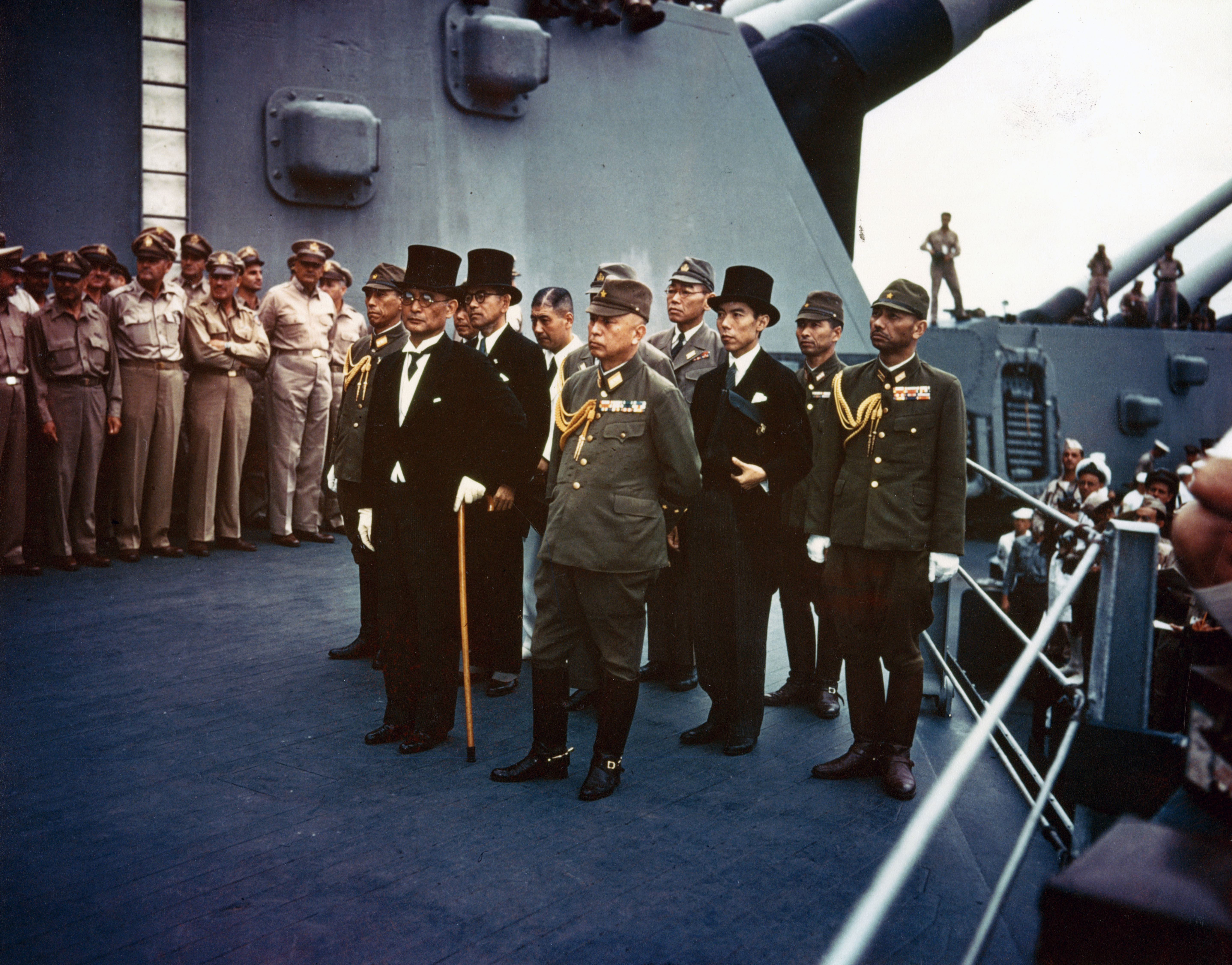Of all the post-World War II changes in Japan, the most momentous is that it never regained the status of a genuinely independent country.
Tokyo cannot act freely by choosing what is likely to be most beneficial for itself or the region. Productive diplomacy between Japan and its neighbors is obstructed because of limitations imposed by a United States that treats Japan as if it were a protectorate rather than a sovereign country. Having followed the dynamics of the U.S.-Japan relationship for more than half a century, I can only conclude that Japan bends to American wishes because its representatives do not insist that it be treated as a sovereign state. Washington can get away with bullying Japan because it knows that national pride is not a problem with either media or political representatives. Some scrutiny of recent history makes that again very obvious.
When the prime minister of a recently elected government that ended half a century of de-facto, one-party democracy in Japan requested a meeting with a new American president to discuss how the two countries could jointly develop new approaches to regional problems, the White House and the State Department had no time for him. Democratic Party of Japan leader Yukio Hatoyama made his request no less than three times and the rebuff was handled in a scandalously undiplomatic manner. Washington made clear from the outset that it did not accept a reformist government that hoped to develop a new policy of friendship with China and new forms of regional cooperation. Ichiro Ozawa, then-secretary-general of the DPJ, had filled several jumbo jets with politicians, artists and other people of culture to visit Chinese cities as part of a campaign to improve party-to-party and people-to-people relations. Hatoyama wanted to strengthen regional cooperation with an ASEAN+3 group that included China, South Korea and Japan. Even before the elections that brought the DPJ to power, U.S. Secretary of State Hillary Rodham Clinton made clear that, no matter which party would win, there would be no change in earlier plans concerning a new base for the marines stationed in Okinawa. Secretary of Defense Robert Gates even pointedly refused to attend a banquet in his honor when he visited Tokyo in the autumn of 2009. In the meantime, State Department officials were briefing journalists who were covering Japan out of Washington with conclusions that perhaps they had mistakenly thought of China rather than Japan as the biggest source of future headaches in the region.



















With your current subscription plan you can comment on stories. However, before writing your first comment, please create a display name in the Profile section of your subscriber account page.